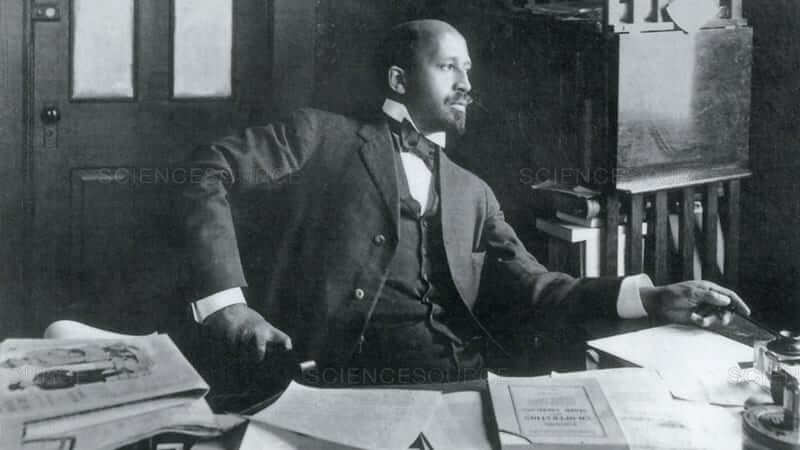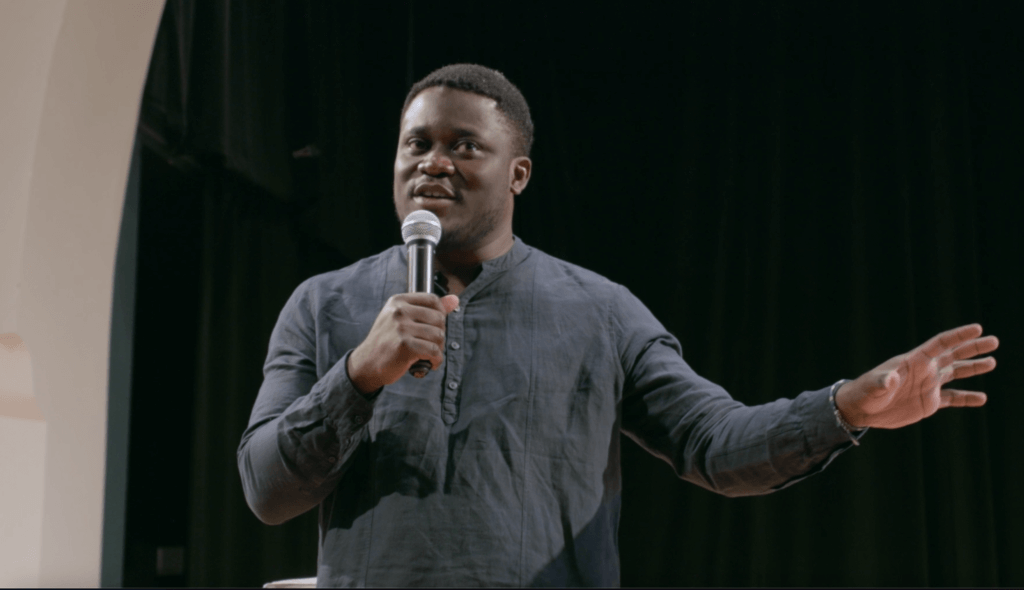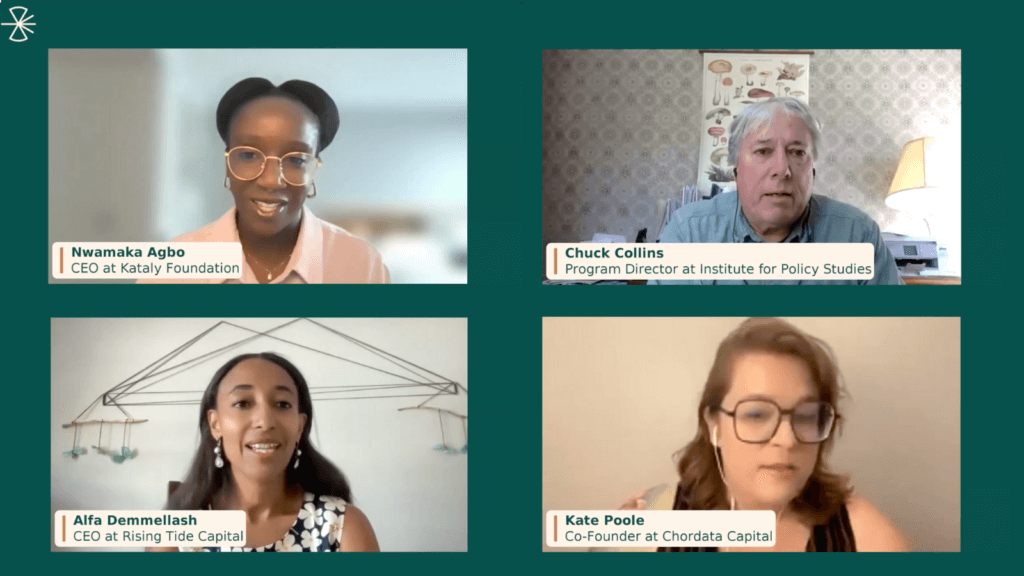Newsletters

Newsletter -
A Marvel of Simplicity

Newsletter -
W.E.B. Du Bois, Champion of Community Economics

Newsletter -
What sets man against man?

Newsletter -
Irreplaceable Capital

Newsletter -
A New Era for Community-Owned Land

Newsletter -
The Heart of the Problem

Newsletter -
Reclaiming Food as Nourishment

Newsletter -
Hope in a Time of Crisis

Newsletter -
Holding Wealth in Common

Newsletter -
The Task

Newsletter -
Expanding the Frontiers of Commoning

Newsletter -
Exiting Shareholder Supremacy

Newsletter -
Decentralism Persists

Newsletter -
Farmsteads for Farmers: Update

Newsletter -
Redesigning Money

Newsletter -
Community Issued Currency

Newsletter -
Democratizing Monetary Issue: Tools for Resilience

Newsletter -
A Just Distribution

Newsletter -
Visionary or Prophetic?

Newsletter -
Bayo Akomolafe’s “Why We Need Post-Activism Today”

Newsletter -
Implementing U.B.I.: Meeting Needs Unconditionally

Newsletter -
Technology that Simplifies

Newsletter -
Health, Beauty, Permanence: the Path to Productivity

Newsletter -
Self-Determined Energy Futures

Newsletter -
Remembering Gus Newport

Newsletter -
A Global Grid and World Resource Commons

Newsletter -
Creating a Global Renewable Energy Commons

Newsletter -
Reinvesting in Communities

Newsletter -
Move the Money

Newsletter -
Freeing land from market pressures




